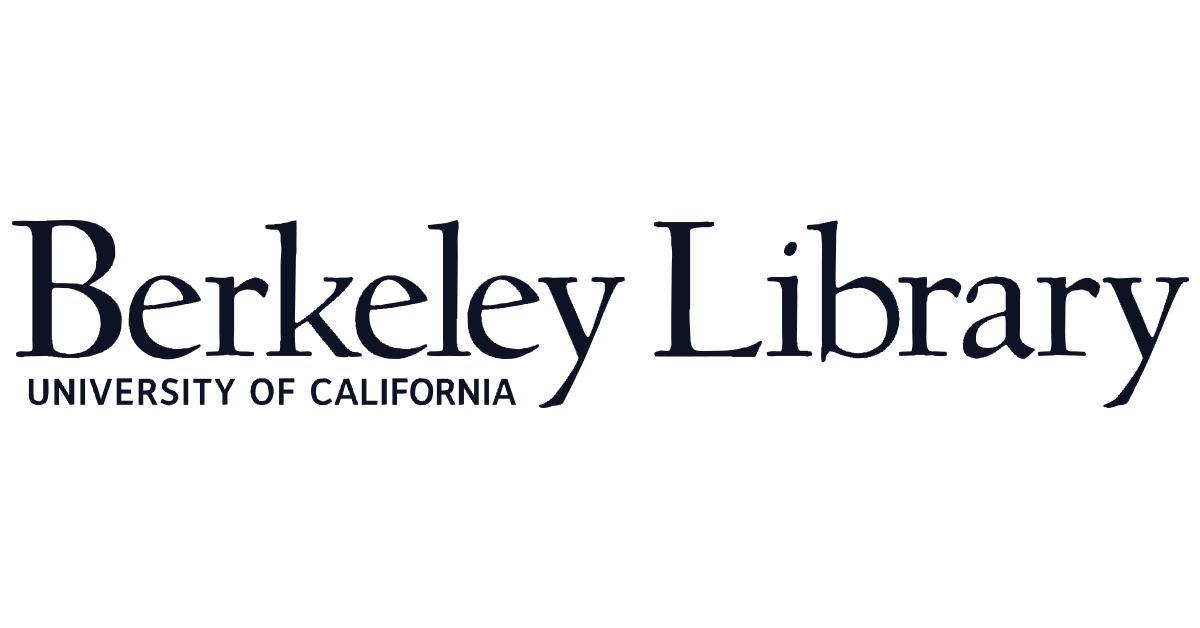SMEs CEOs characteristics and the creation of competitive advantage in Cote d’ivoire: the moderating effect of competitive intensity
DOI:
https://doi.org/10.5281/zenodo.14437559Keywords:
Upper echelons theory; micro, small, and medium-sized enterprises; competitive advantage; competitive intensity, CEO human capital; Cote D’Ivoire.Abstract
SMEs have been recognized as an essential tool for the development of Côte d’Ivoire as well as for many developing countries. However, small-medium enterprises there still meet some problems to remain competitive. Prior research has paid little attention to the relationship between Ivorian SMEs CEOs human capital and the competitiveness of their company. Using the upper echelons theory, this empirical research objective was to investigate the effects of Ivorian SMEs CEOs' type of education, functional experience, and openness to experience as a personality trait on the creation of competitive advantage for the company, specifically service innovation.
We collected data from a sample of 247 SMEs operating in the service industry and located in the economic capital Abidjan, through questionnaires, and use SPSS 22 version to perform the Pearson correlation analysis and generalized linear regression analysis. The findings showed that SMEs CEOs’ level of general education, business education, and functional experience were not related to service innovation. Only openness to experience had a relationship with our dependent variable service innovation. Also, we notice a change in the relationship between CEO's characteristics and service innovation, while considering the competitive intensity as a moderating variable. This study shed light on the importance of certain characteristics of SMEs CEOs that can predict the competitiveness of their business in the Ivorian environment. At the sight of the findings, some recommendations are addressed to researchers, to the Ivorian government and to Ivorian SMEs managers.
Downloads
Published
How to Cite
Issue
Section
License

This work is licensed under a Creative Commons Attribution-NonCommercial-NoDerivatives 4.0 International License.























